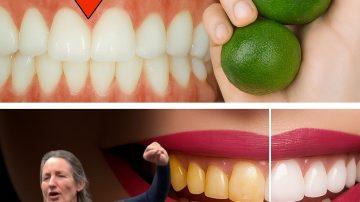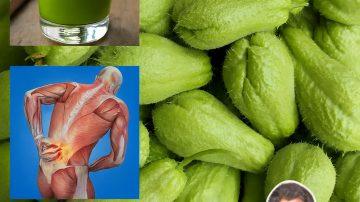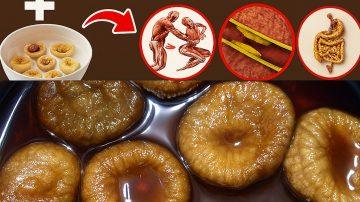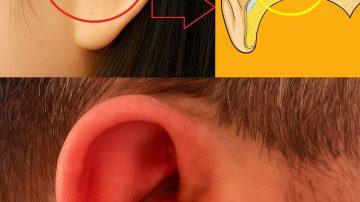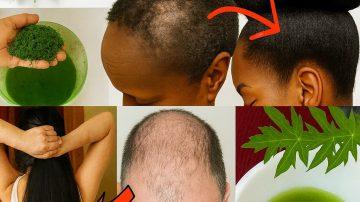You’ve provided an excellent, detailed summary of foods that can gently support bladder health and reduce the symptoms of frequent urination ($\text{nocturia}$) and urgency. The key to managing these issues naturally lies in minimizing bladder irritants and choosing foods that are $\text{anti-inflammatory}$, $\text{high}$ $\text{in}$ $\text{fiber}$, and $\text{non-acidic}$.

Here is a consolidated overview of the top eight bladder-friendly foods and the essential lifestyle habits you highlighted:
Eight Soothing Foods for Bladder Health 🌿

| Food | Why It Helps | Best Way to Use |
| 1. Pumpkin Seeds 🎃 | Rich in zinc and $\text{omega-3s}$, they help reduce inflammation and are associated with a reduction in nighttime urination in older adults. | A small handful of raw, unsalted seeds as an evening snack. |
| 2. Pomegranate 🍎 | Contains powerful $\text{antioxidants}$ that fight inflammation and support kidney and bladder function without the high acidity of citrus. | Sip on a small glass of fresh juice or sprinkle the seeds over a salad. |
| 3. Barley Water 💧 | A traditional remedy that gently cools the urinary tract and promotes smoother urine flow, easing feelings of urgency and discomfort. | Boil $1 \text{ tbsp}$ barley in $1 \text{ cup}$ water, strain, and drink warm or cool. |
| 4. Bananas 🍌 | High in potassium (which helps manage fluid balance) and are non-acidic, making them gentle on overactive bladder muscles. | Enjoy one ripe banana in the evening to support comfort overnight. |
| 5. Cranberries (Unsweetened) 🍒 | Contains compounds that prevent bacteria from adhering to the bladder and urinary tract walls, offering targeted $\text{immune}$ support. | Opt for unsweetened juice or a small handful of $\text{sugar-free}$ $\text{dried}$ $\text{cranberries}$. |
| 6. Probiotic Yogurt 🥣 | Provides live active cultures that support a healthy gut-bladder connection and may reduce urinary tract irritation. | Choose plain, unsweetened Greek yogurt with active cultures. |
| 7. Cucumbers 🥒 | Anti-inflammatory and highly hydrating. They help dilute urine without the sugars or chemicals that $\text{overstimulate}$ the bladder. | Snack on fresh slices in the afternoon. |
| 8. Blueberries 🫐 | Low in sugar and packed with $\text{antioxidants}$. They protect the bladder lining and may reduce bacterial growth, serving as a gentler alternative to cranberries. | Enjoy them fresh in a small bowl or add to $\text{oatmeal}$ in the evening. |
Crucial Lifestyle Adjustments for Bladder Control

To effectively manage frequent urination, it is just as important to eliminate common dietary triggers and adjust your fluid schedule.
Foods and Drinks to Limit or Avoid
Avoid or significantly limit foods and drinks that act as $\text{diuretics}$ or $\text{bladder}$ $\text{irritants}$, especially in the hours leading up to bedtime:
- Caffeine ☕: Found in coffee, tea, and colas, caffeine is a $\text{diuretic}$ that increases urine production.
- Alcohol 🍷: Also a powerful $\text{diuretic}$, alcohol rapidly increases urine volume.
- High-Acid Foods 🍊: This includes $\text{citrus}$ $\text{fruits}$ ($\text{oranges}$, $\text{lemons}$) and $\text{tomatoes}$, as their acidity can irritate the bladder lining.
- Spicy Foods 🌶️: The compounds that create heat can cause bladder spasms and increase urgency.
- Artificial Sweeteners and Sugary Drinks: These ingredients are known to irritate a sensitive bladder.
Fluid Timing is Key
The single most effective lifestyle change for nocturia is timing your liquid intake:
- Hydrate Early: Drink the majority of your daily fluids in the morning and afternoon.
- Cut-Off Time: Reduce all liquid intake to small sips about $2 \text{ hours}$ before you go to sleep to minimize urine production overnight.
By combining these simple dietary choices with better fluid timing, you can support a calm bladder and significantly improve your sleep quality.

